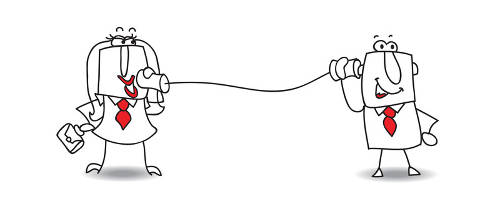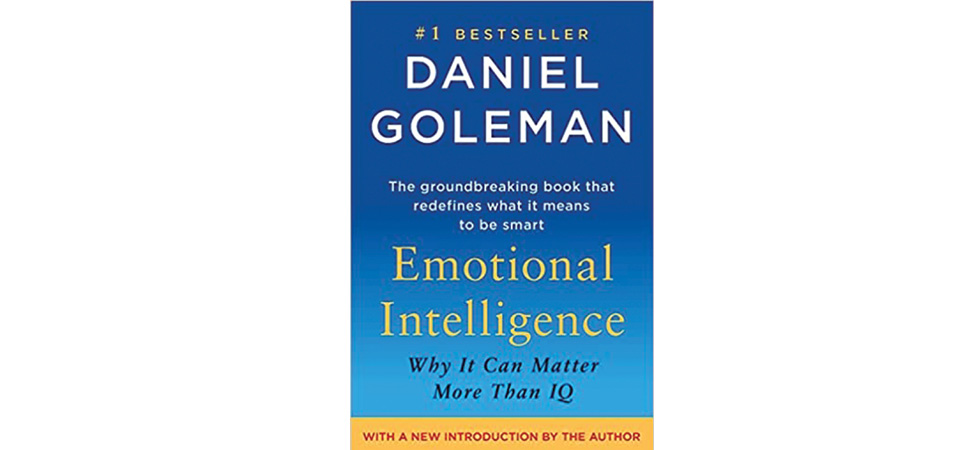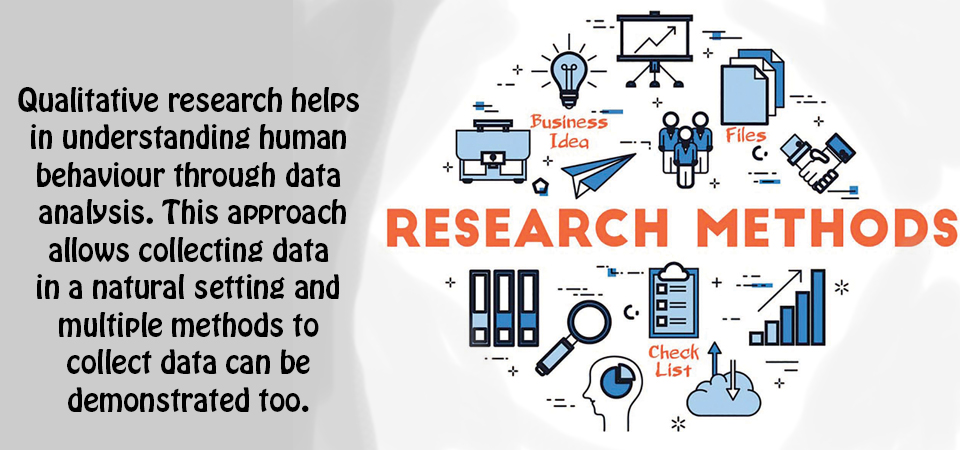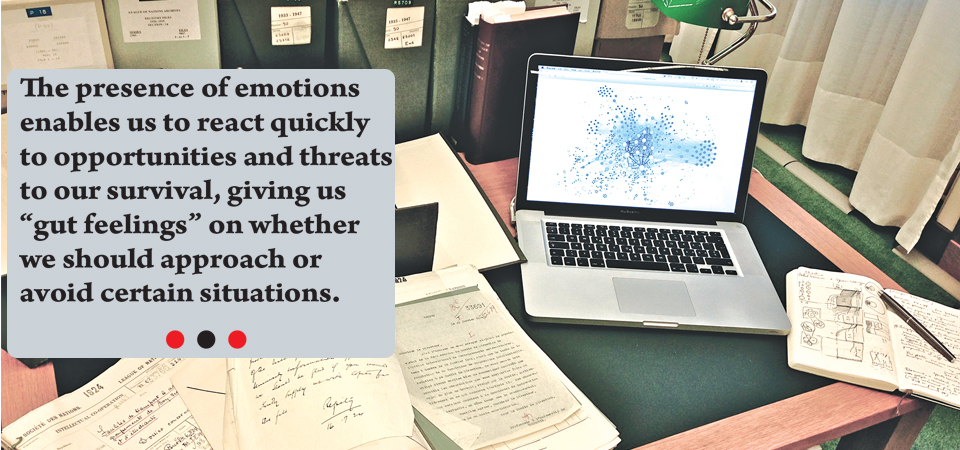Ways To Overcome Listening Barriers

Pushpa Priya
Listening is a crucial component of the daily communication process. It is the most basic of the four languages development: listen, speak, read and write. Adults spend 80% of their waking hours engaged in communication. Better listening is the most important to both individual and organizational growth.
People most often overlook the listening process thinking it is not a serious process and unknowingly inviting complicated situations by setting up misconceptions. False assumptions regarding listening are ingrained in our society; they are deep and hard to eradicate. There is a misconception prevalent in society about listening as an effortless process. Active listening requires mental effort.
Listening to only our subject of interest that entertains us may prevent us from pertinent information. An effective listener can solve problems with solutions in a rational manner, avoid conflicts, build rapport with coworkers, bosses which results in better interpersonal relationships. Most of the time in our daily working hours, we turn out to be a victim of listening distractions that are both externally and internally driven.
The external listening distractions are external noise, odour, failure to understand the foreign accent, technical problems with the telephone etc. And internal listening distraction is concerned with a health problem in terms of poor hearing skills, that is physiological distraction. Some more examples of internally driven listening skills are pre-judgments about the speaker; emotional instability (worry, fear or anger), quickly jumping into conclusion by giving a premature response, seeking more attention from the speaker, finding the speaker attractive, unattractive(physical appearance distraction), listening only that part of speech that one finds interesting.
Inability to hear because of background noise is externally driven listening distraction, failure to understand the speaker because of uncommon or foreign accent also distracts listening process. Some internal barrier to effective listening is: Pre-judgement about the speaker is one of the major listening distractions to effective listening. prejudging a message as being dull.
Indulging in such a prejudging habit denies one of acquiring new insights and understandings about others and oneself. Emotional instability is also one of the major listening distractions that limit the listener to get information conveyed by the speaker. Becoming emotional about a message will cause distortion and loss of purpose.
It is important to withhold evaluation until one is sure about the speaker's point of view. Similarly, one should not react angrily to the ideas or opinions used by the speaker. Most people stop listening as the speaker utters some hurting words and they spend their time pointing out, what the speaker is saying, is right or wrong.
In this way, they will miss important points of the speaker’s delivery. To eliminate this listening barrier one should understand touching words, bias and assuming that these have a real message. Defensiveness is another barrier to effective listening. It is when we protect ourselves from being offended, criticized, or other threats of ego. To eliminate such a listening barrier one should not take criticism as a personal attack rather take it as a tool for personal growth.
Another distraction to effective listening is giving a premature response when one finds an opportunity. some people have both superiority and inferiority complex and do not pay attention to discussed things. In the other words, we may say such people are overshadowed by ego and make a premature response. in this situation, ego takes over the conversation. To eliminate this distraction one should calmly and attentively listen to each uttered words of the speaker. One should not entertain defer judgement that frustrates the communicator in the meantime of talking. Do not interrupt with counterarguments to avoid listening distraction. Seeking attention from the speaker is also one of the major listening distractions. Most of the listeners tend to seek more attention from the communicator like eye contact and if it does not happen, they simply will lose their interest in listening.
Effective listeners do not need fake attention. Some listeners are distracted by the physical appearance of the speaker. They simply become a victim of body consciousness and unable to get the intended message. They focus on the external aspect of the speaker and listening only if the other person's appearance and delivery are attractive. To eliminate such a listening distraction, one should avoid being distracted by the physical appearance of the communicator. Listening to only a part of speech that one feels interesting is also one of the distractions to effective listening.
Previous experience is also one of the major distractions to effective listening. For instance, if there happened any misunderstandings in the past time with the speaker, in this situation that event revolves around the mind of the speaker and he/she cannot focus on the speaker's present uttered words. To eliminate such a distraction, one should be open-minded and do not have to rely upon previous experiences of listening to the present speaker. To eliminate this distraction, the listener must clear all other thoughts and contents that is beyond present context.
To eliminate listening distractions, when conversing with people, put yourself in a good environment being unaffected by any internal or external distraction to better listening. Some possible strategies to better listening are: pay attention, open-mindedness, body language, pause, develop your interest, focus on ideas.
Paying attention is one of the skills to better listening. Give the speaker your full attention, and acknowledge the message, put aside distracting thoughts that brings effectiveness to listening. One should not make pre-mature evaluations about the speaker's performance and appearance. A good speaker can identify frustrated, bored, defensive listening. Try to sense the mood of the communicator, watch body language, expressions and tone of voice.
Pause is another strategy to better listening. Learn to leave few seconds(pause), relax, take a breath and smile after completion of the speaker's talk before you respond. It is an effective way of creating a good conversing environment. Do not judge the message until you receive it entirely. Paying attention to clues is also one of the strategies to better listening. Understanding spoken words go beyond the literal words. An intelligent listener will make use of relevant clues, which go along with the speech like who said the words? If the speaker is a politician, one can probably make predictions about what will be said.
Identifying the shortcomings of the message also helps in improving listening skills. Further body language helps to understand the integrity or sincerity of the speech. If the speaker often maintains poor eye contact, use hands to face movements, then you as a listener would be suspicious of the speakers' words. Since manipulative speakers can avoid factual aspects of the speech, you must be conscious of the implied content of the message. Good listeners possess the quality of effective verbal feedback. One can ask questions after talking is over. The best way establishes understanding by a listener is to paraphrase what the speaker meant.
Enhancing good listening skills is a gradual process. Only practice is the final answer. Listening as a part of business communication requires two-fold determination of both listener and speaker.
(The writer teaches English at a college)
Recent News

Do not make expressions casting dout on election: EC
14 Apr, 2022
CM Bhatta says may New Year 2079 BS inspire positive thinking
14 Apr, 2022
Three new cases, 44 recoveries in 24 hours
14 Apr, 2022
689 climbers of 84 teams so far acquire permits for climbing various peaks this spring season
14 Apr, 2022
How the rising cost of living crisis is impacting Nepal
14 Apr, 2022
US military confirms an interstellar meteor collided with Earth
14 Apr, 2022
Valneva Covid vaccine approved for use in UK
14 Apr, 2022
Chair Prachanda highlights need of unity among Maoist, Communist forces
14 Apr, 2022
Ranbir Kapoor and Alia Bhatt: Bollywood toasts star couple on wedding
14 Apr, 2022
President Bhandari confers decorations (Photo Feature)
14 Apr, 2022










